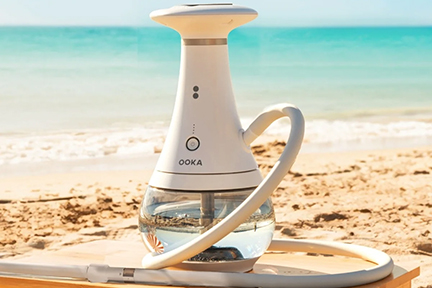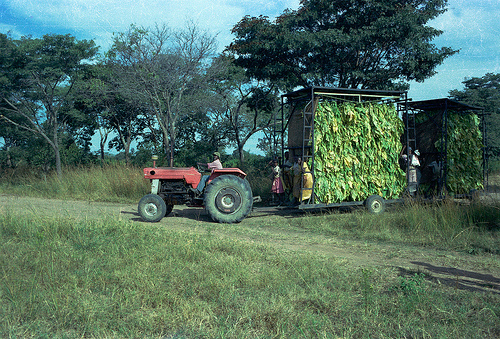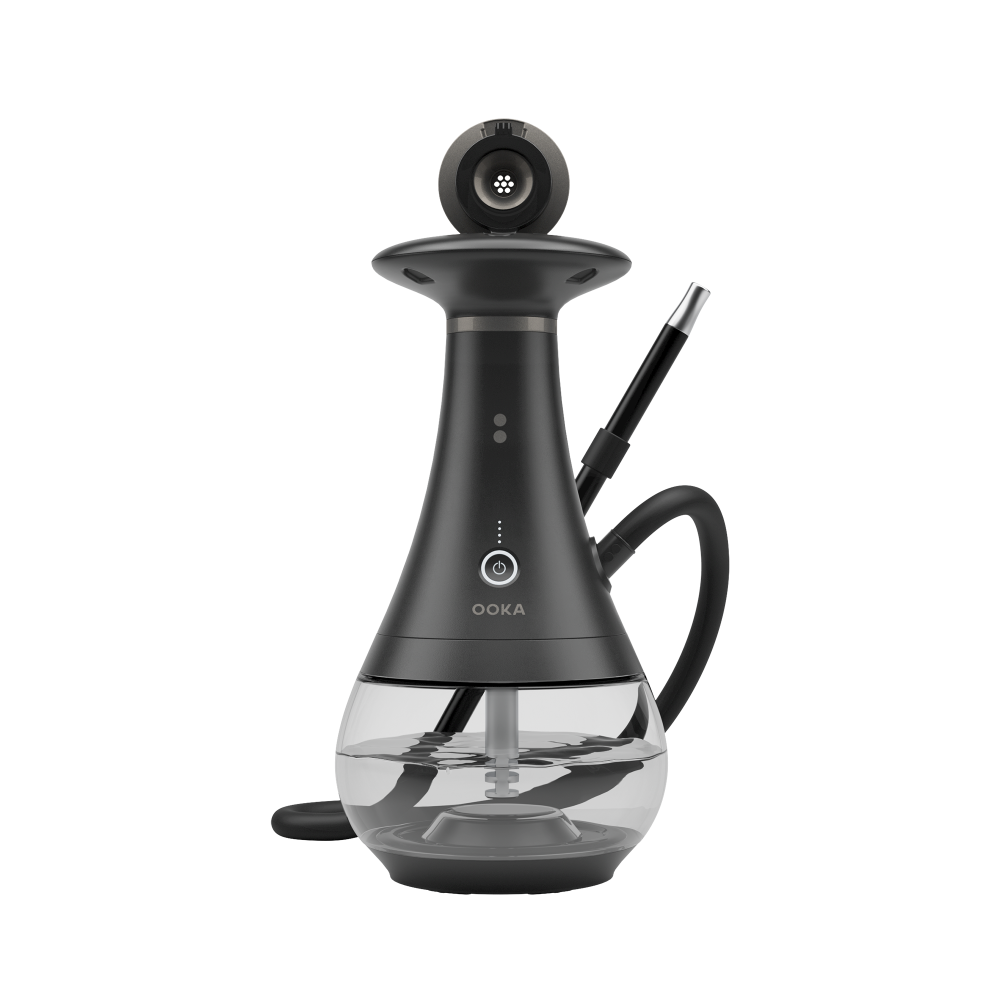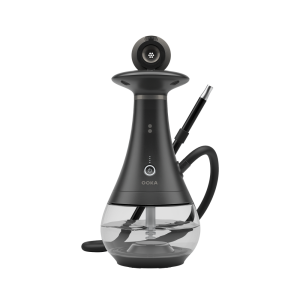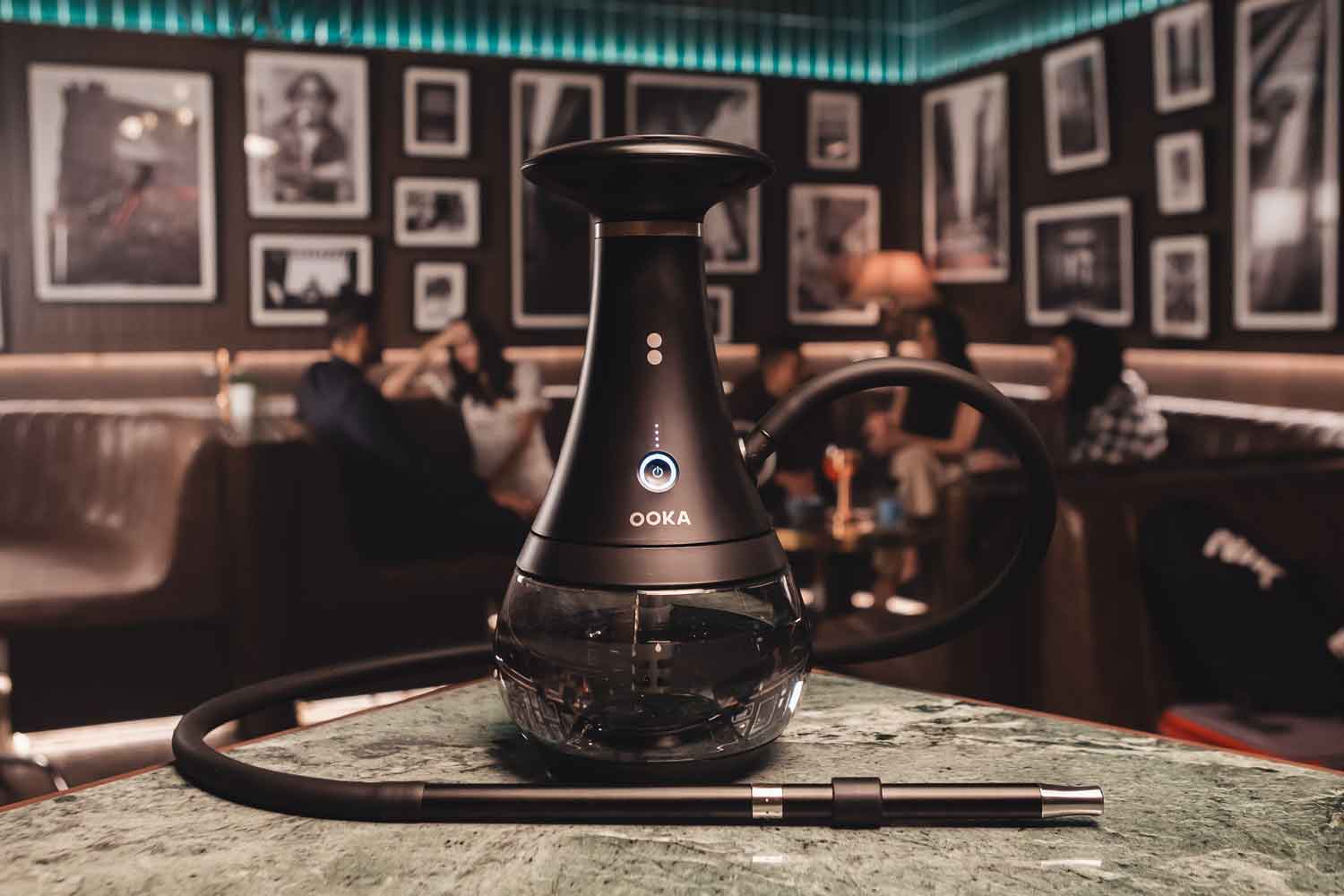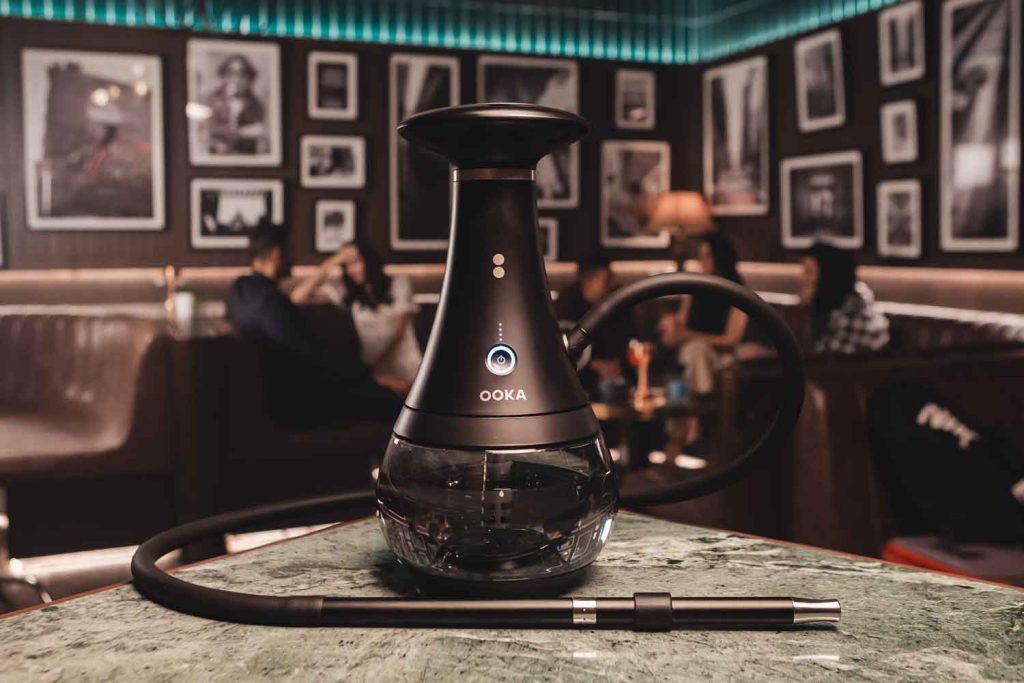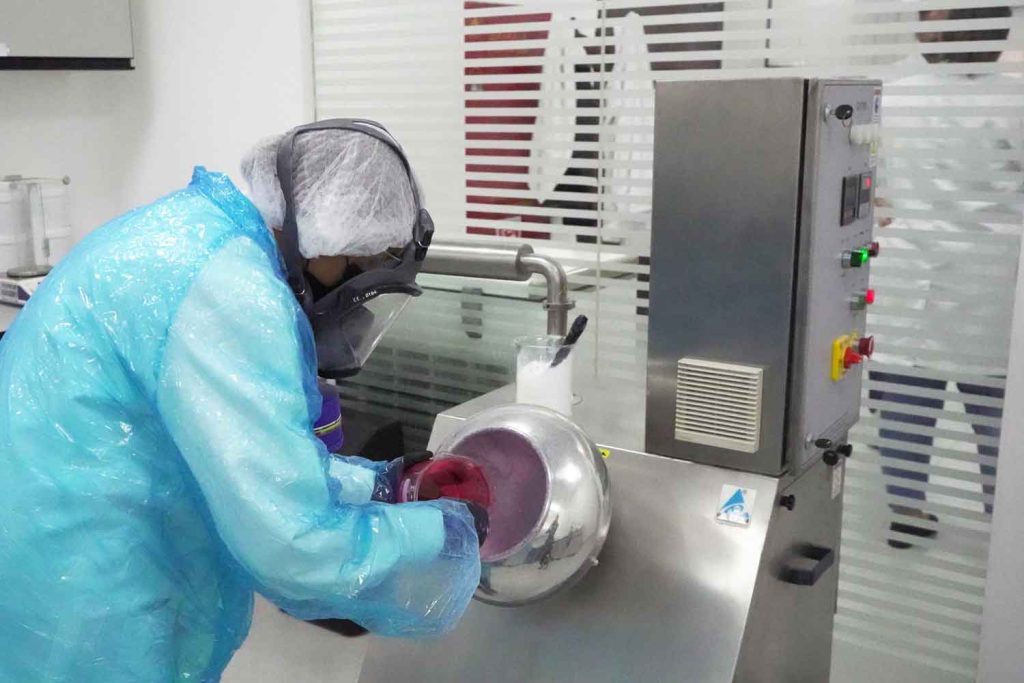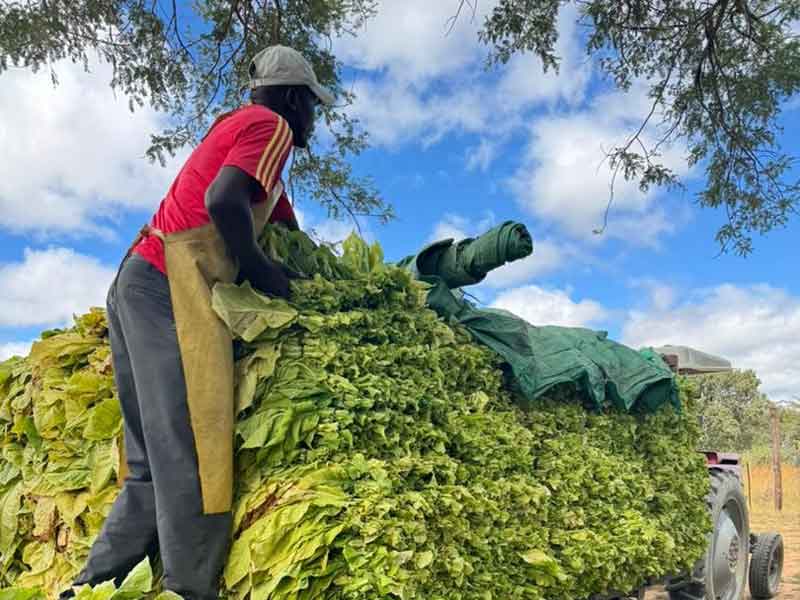Advanced Inhalation Rituals (AIR) published its inaugural sustainability report, detailing a long-term strategy focused on public health, innovation, and environmental and social responsibility. The report positions AIR as a pioneer in tobacco- and nicotine-free shisha alternatives, highlighting major milestones such as the launch of Zodiac, a tea-based inhalation product, and OOKA, what the company says is the “world’s first pod-based, charcoal-free shisha device,” with over 14,500 devices and 500,000 pods sold to date.
AIR’s new 2030 Roadmap, aligned with the UN Sustainable Development Goals, centers on five ESG (environmental, social, and governance) pillars: public health and innovation, working conditions, business integrity, environmental impact (notably water usage), and governance. The roadmap includes goals like improving gender diversity in leadership, strengthening supply chain standards, and increasing public education around harm reduction.
“This report celebrates the huge progress we have already made in optimizing all aspects of our operations, but we are also aware that we have a responsibility to accelerate our ESG efforts over the coming years to protect the world around us,” AIR CEO Stuart Brazier said. “As the global leader in our industry, our purpose is to transform the sector by creating a safer, cleaner, and more sustainable inhalation experience whilst also preserving the rich social and cultural value of shisha.”
The full report is available at www.air.global.



